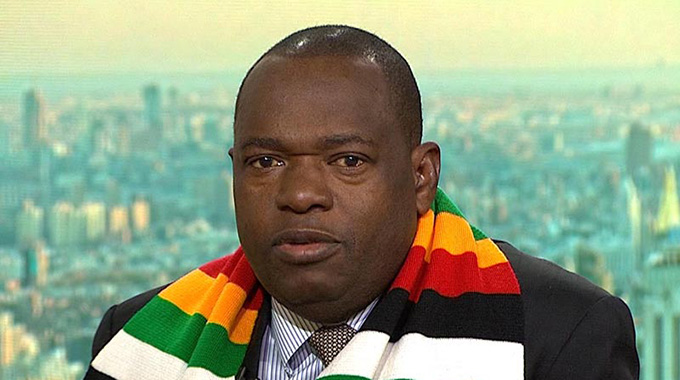African Continental Free Trade Area goes live

Africa Moyo, Harare Bureau
THE much-awaited African Continental Free Trade Area (AfCFTA), which is expected to boost intra-African trade, has finally come into force.
AfCFTA came into being on May 30 after it was ratified by 22 member countries including Zimbabwe, in what the African Union (AU) believes will be a continent-wide market of 1,2 billion people worth US$2,5 trillion.
AfCFTA had been ratified by 22 countries by April 29, the required number for formally notifying the AU.
This cleared the way for the AfCFTA to take effect 30 days later as dictated by the statutes.
The agreement’s operational phase is expected to be launched on July 7 at an AU summit in Niamey, Niger.
There are high hopes that other countries such as Nigeria will join soon.
Last week, AU Commissioner for Trade and Industry, Albert Muchanga tweeted, “This is a historic milestone!”
“We celebrate the triumph of bold, pragmatic and continent-wide commitment to economic integration.”
Foreign Affairs and International Trade Minister Dr Sibusiso Moyo and Secretary for Industry and Commerce Dr Mavis Sibanda, are hopeful that AfCFTA will boost local industry.
On the occasion of the celebration of Africa Day, Dr Moyo said: “Zimbabwe looks forward to the
operationalisation of African Continental Free Trade Area Agreement now that the required 22 ratifications have been attained – including that of Zimbabwe.”
Dr Sibanda told our Harare Bureau recently that; “We are seeing that the doors are opening for our products. We should look at it (AfCFTA) in a positive manner; looking at it in the sense that African goods are going to come into Zimbabwe and Zimbabwean goods are also going into Africa.
“We are looking at making sure that African countries choose to buy our stuff. We are looking at quality, improving the quality of our goods so that Zimbabwean products are a first choice for African countries.
“So we should not look at it (AfCFTA) in a negative way.”
Despite the coming into force of the AfCFTA, there remain several outstanding issues that require resolution including arbitration measures, certifying the origins of goods, tackling corruption and improving infrastructure.
Out of the 55 AU member states, 52 have signed the agreement for the establishment of the free trade area since March 2018.
Nigeria, the leading economy on the continent with a GDP of US$376,284 billion, is the notable exception but is expected to join soon.
When fully implemented, the AU sees the AfCFTA pushing economic integration and driving investment within the continent.
It is thought that the progressive elimination of tariffs will help boost intra-Africa trade by 60 percent in three years.
At the moment only 16 percent of trade by African nations is with continental neighbours.
Those championing for AfCFTA argue it will help develop African economies long driven by a focus on resource exploitation and provide a platform for negotiating with markets beyond the continent.








Comments